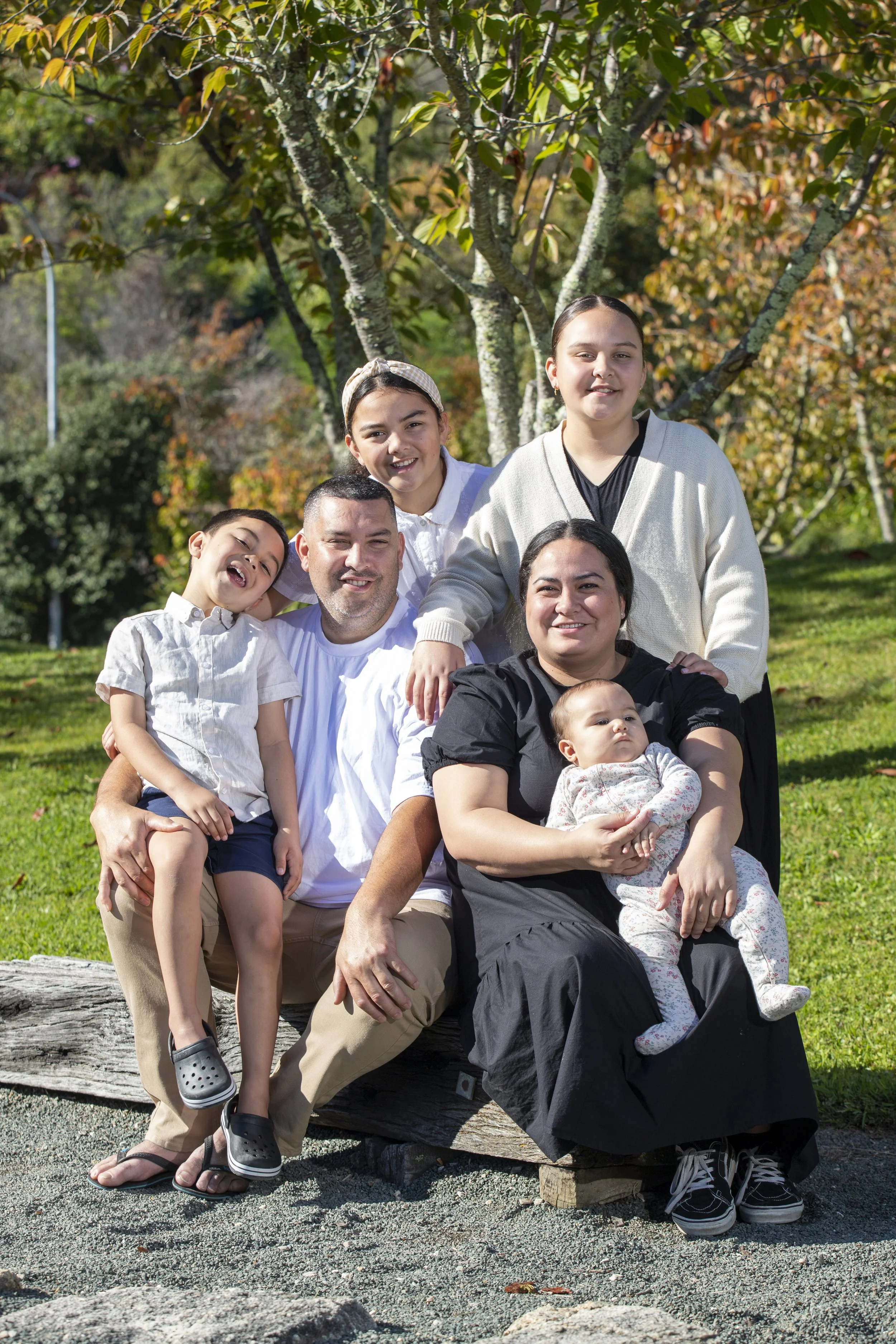Protect yourself and your whānau against measles
About measles, mumps and rubella (MMR) immunisation
Information about measles
-
Measles is a serious disease that can make you very sick, but it can be prevented with the measles, mumps, rubella (MMR) vaccine.
-
Measles spreads easily as a virus between people who do not have immunity against it. This is people who have not had the MMR vaccine or who have not had measles before.
The virus is spread via droplets released into the air when an infected person sneezes, coughs and breathes.
You can catch the virus as easily as going into the same room that someone with measles has been in. This is because the virus stays alive for up to two hours on surfaces and the droplets can linger in the air.
-
The MMR is free and available to anyone born after 1 January 1969.
To find out about vaccination for tamariki, contact our specialist Well Child Tamariki Ora nurses.
Te Piki Oranga also offers the MMR vaccine for ngā pakeke (adults), and support and advice about vaccination.
-
You are immune to measles if you:
Were born before 1 January 1969
Have had measles before
Have had two MMR vaccinations, and the last vaccination was more than a month ago
Pēpi under 15 months are immune if they have had their first vaccination, at least a month ago
Have had a blood test showing you are immune
To find out if you and your whānau are immune, check your vaccination record in your Well Child Tamariki Ora (Plunket) book, or contact your doctor.
If you are not sure whether you have been vaccinated, it is safe to get the MMR vaccine again.
-
Some people are more at risk of becoming very unwell if they catch measles. This includes:
Anyone with a chronic illness or a weakened immune system
Tamariki younger than five years old who have not had their first MMR vaccine
Pēpi younger than 12 months who are too young to receive their first MMR vaccine
Wāhine hapū (pregnant women)
If you or your whānau are in these groups, it's even more important you get vaccinated if you can.
Wāhine hapū and tamariki aged 12 months and younger cannot get vaccinated. The exception to this is: During a measles outbreak (an urgent situation), children under 12 months may be able to be vaccinated.
This is why it is important that whānau of wāhine hapū and tamariki have had both MMR vaccines.
If whānau have immunity through vaccination, they are much less likely to catch and spread measles to people who cannot be vaccinated.
Know the measles symptoms
The main symptoms of measles are: A red, blotchy rash; a fever (very high temperature); sore, watery pink eyes; a cough; a runny nose.We understand that it is important for you to be able to talk about immunisation. As well as providing many types of free immunisations, our kaimahi (staff) are available to kōrero with you and listen to your pātai (questions).
About the measles rash (spots)
Measles causes a red, blotchy rash that normally appears three to seven days after the other symptoms. It starts on the face and then spreads to the rest of the body.
What to do if you have symptoms
Seek medical advice urgently on the phone, from your doctor or from Healthline on 0800 611 116 (available all hours).
Please do not visit a medical centre or hospital without calling first as you may risk passing on the virus to others.
When to call an ambulance
Measles can cause severe complications such as pneumonia, encephalitis, or respiratory distress. These require urgent medical attention.
Phone for an ambulance on 111 if someone is:
having trouble breathing
hard to wake or having difficulty staying conscious
becoming floppy or very drowsy
turning blue around the lips or mouth
having a seizure
What happens if you have measles or have been in contact with someone that has measles
If a test shows you have measles, you will need to stay home and isolate from other people.
You will be given personal advice from a health professional who will stay in touch
They will help you to identify anyone else at risk of catching measles from you, and will contact them to let them know what to do (contact tracing).
There is support available if you need to isolate.
Where can find information about the vaccine?
Talk to a healthcare professional such as a nurse or GP (family doctor)
Talk to one of our Well Child Tamariki Ora nurses about tamariki vaccinations
The Healthify website has a lot of good information about measles and the MMR vaccine.

Resources

How to get your vaccination
Call or email Te Piki Oranga to register and book a time for your vaccination.
Mō ētahi atu āwhina | For more assistance
Phone: 0800 ORANGA (672642)
Email: admin@tpo.org.nz
Use our online enrolment / referral form: www.tpo.org.nz/enrol

